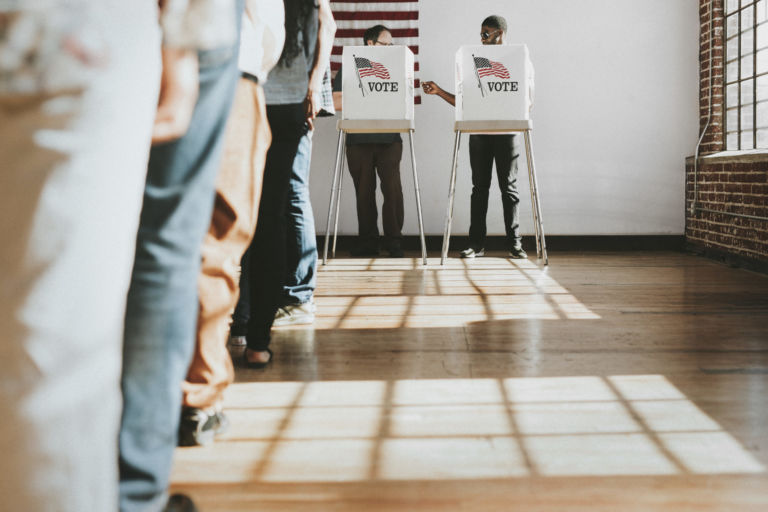Dominic Pino of National Review Online explains one factor that could raise prices at the gas pump in the near future. It’s a development that would be likely to influence voters heading to the polls this fall. It’s a development that could mean bad news for the self-described “most pro-union president” in American history.
[Tuesday’s] inflation report showed a slight decline in headline inflation. That decline occurred largely because a significant reduction over the past month in the price of one commodity, gasoline, compensated for price increases in just about every other category.
A freight-rail strike, which could begin as early as Friday, could put gasoline prices back on the rise.
The American Fuel and Petrochemical Manufacturers (AFPM), a trade group for fuel producers, sent a letter to congressional leadership today urging Congress to intervene and prevent a rail strike. The letter says, “A railway strike and embargos on rail shipments have the potential to force production cuts at U.S. petrochemical facilities and fuel refineries, which could deplete U.S. gasoline and diesel supplies and drive-up fuel prices.”
The industry’s reliance on rail is significant. “Annually in the United States, over 2 million carloads of our members’ raw materials and products, including crude oil, natural gas liquids, refined products, petrochemicals, and plastics are transported by rail,” the letter says.
The AFPM called the independent recommendations from the presidential emergency board that Biden appointed to help resolve the dispute “a workable middle ground,” and it urged Congress to “take steps immediately to prevent a work stoppage.”
One of the primary things holding the inflation numbers steady right now is gasoline. If rail unions go on strike under the self-described “most pro-union president leading the most pro-union administration in American history” and send gasoline prices back up, Democrats had better look out for voter backlash in November.


